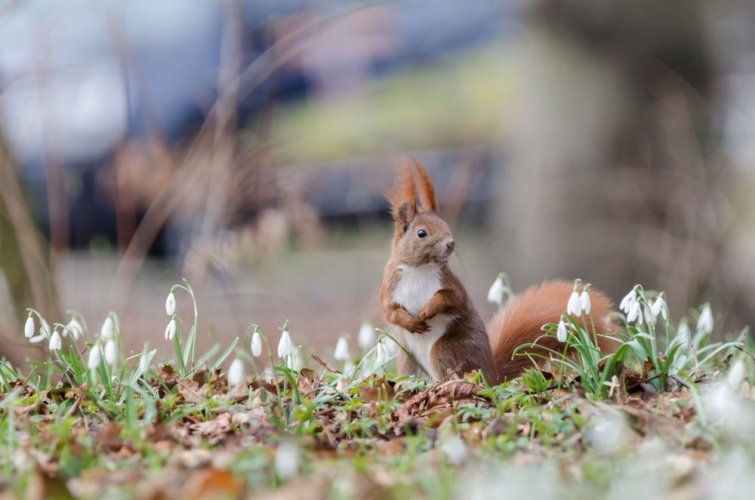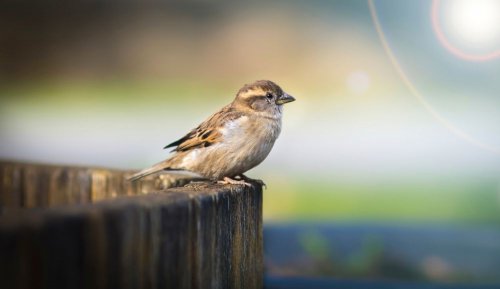In the UK, only 5% of protected areas, which make up 28% of the country's territory, effectively perform wildlife protection functions.
This is stated in a report by the British Environmental Society (BES), according to The Guardian.
The material noted that these areas, including national parks and areas of natural beauty (AONB), should not be considered protected unless their care for wildlife is radically improved. The report recommends not including them in the total of the UK in their current state.
"At the international level, the UK is in favor of calling for 30% of land and sea protection by 2030 (30x30 target), but is unable to protect its own wildlife," – the report said.
Professor Jane Hill, an ecologist at York University and one of the authors of the report, said that such areas could contribute to greater species richness, but very often these benefits were insignificant.
"The evidence is that most protected landscapes are not good for nature, and only a small percentage are in good ecological condition. However, because there is a management system for these landscapes, they have great potential for adaptation to improve the way they benefit nature." – said Professor Hill.
The BES report states that landscapes should be identified as protected areas only if it is proven that wildlife is being restored in the long run.
The main causes of poor environmental condition include instability in agriculture and fisheries, pollution and the spread of non-native species.
Governments around the world are negotiating the next decade of UN nature conservation goals, and dozens of countries are committed to protecting 30x30, as conservation is key to tackling climate and environmental crises.
However, many of these areas do not have a positive impact on wildlife, according to a separate report on 1,500 protected areas around the world published in Nature.
"Protected landscapes - such as national parks and AONB, etc. - have not been designed primarily for biodiversity. To be included in the 30x30, they need to be repurposed," – said Dr. Joseph Bailey of York's St. John's University, lead author of the BES report.
He also explained that this would require significant and sustained resources. Such a reform may in fact be one of the most positive results for 30x30.
The BES report stressed that the reserves are underfunded and as a result have been forced to compromise. Researchers say better law enforcement, monitoring and long-term protection are needed, and resources, including financial resources, are needed.
After all, the protected area alone is not enough to stop the catastrophic loss of biodiversity. The landscapes that surround them also need management to support nature. This is becoming increasingly important as species change their range in response to climate change.
However, researchers point to the introduction of initiatives that will have a positive impact on nature, including safer agriculture, peatland restoration and wetland management.
In the UK, 38% of the seas are also protected (MPA), but many of them have no management measures and are at risk of damage and unregulated bottom trawling. Fishing is prohibited in only 0.0024% of UK waters, currently covering three MPAs.
"The proposal to protect 30% of the UK's seas is very welcome, but we need effective management measures in the MPA that will protect wildlife and benefit local coastal communities," – said Rick Stafford of Bournemouth University and author of the BES report.
He also added that the lack of comprehensive management or enforcement means that most of them are unable to provide for nature and bring the full range of biodiversity benefits they might otherwise have.
It will be recalled that the planet has halved the number of insects due to climate change.
As EcoPolitica reported earlier, Geneva called for an end to Russia's aggression to avoid a global environmental catastrophe.





